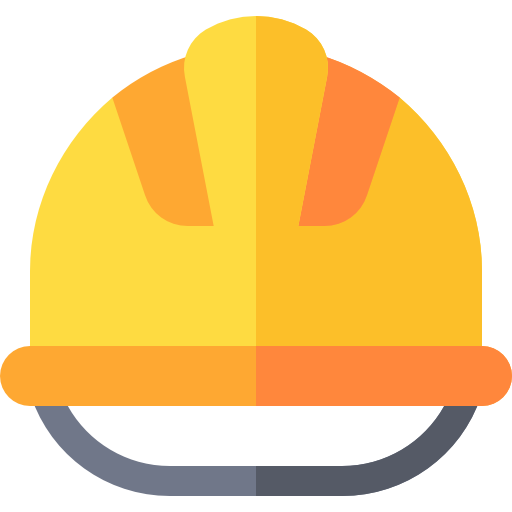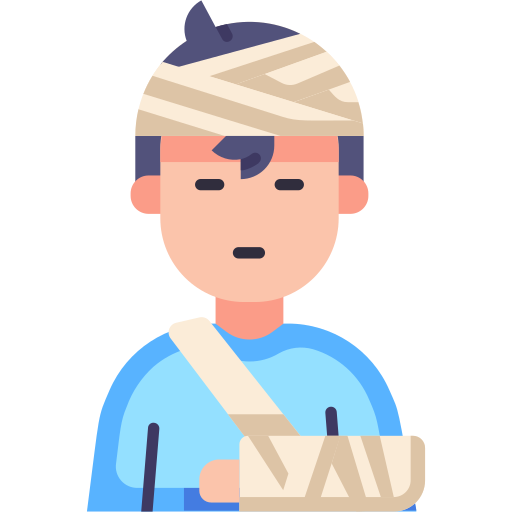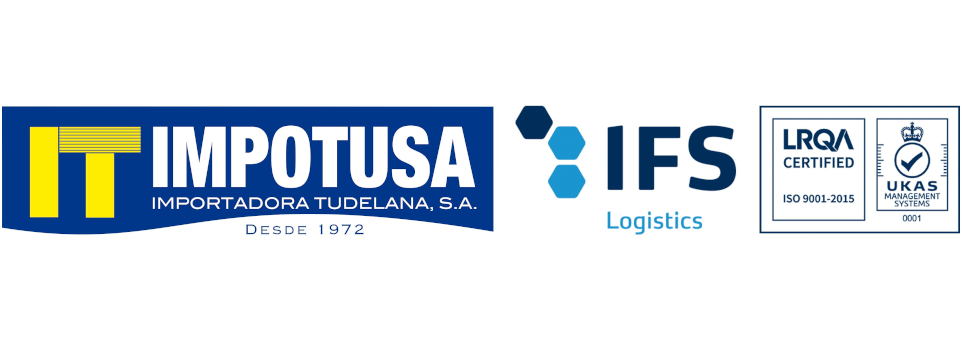- Offers
- 1332 views
Hearing protection is a major concern in many work environments where excessive noise can cause permanent damage to workers' hearing.
In this article, we'll explore the different types of jobs where earplugs are mandatory , as well as the importance of using them to preserve hearing health. Discover how these small devices can make a difference in your well-being while you carry out your daily tasks.
What are earplugs and why are they so important?
Earplugs are devices designed to be inserted into the ear canal to block or reduce external noise from entering the ear . They work by absorbing or reflecting sound waves before they reach the eardrum, thus protecting the delicate structure of the inner ear. These earplugs come in a variety of styles and materials, from soft foam earplugs to moldable earplugs and active electronic earplugs that amplify safe ambient sound while blocking harmful noises.
Earplugs play a vital role in preserving hearing health in work and everyday environments . Prolonged exposure to high noise levels can cause permanent hearing loss and other hearing disorders, underscoring the importance of using appropriate hearing protection in these environments. Earplugs help reduce noise exposure and prevent work-related hearing injuries, thereby complying with occupational safety regulations and improving workers' quality of life .
In what types of jobs are earplugs mandatory?
In many work environments, high noise levels can pose a serious threat to hearing. We have made a selection of the work fields where the use of earplugs is mandatory, as well as those with a greater need for hearing protection:

Meat industry
In the meat industry, the noise produced by processing machinery and cutting equipment can be significant. Workers in these areas should wear earplugs to protect their hearing and prevent hearing damage due to continued exposure to high noise levels.
Construction Industry
Construction workers are exposed to extremely high noise levels due to the use of heavy machinery, power tools, and construction equipment. In these environments, earplugs are mandatory to protect workers' hearing and comply with workplace safety regulations.
Manufacturing and production
Factories and production plants are often noisy places due to the operation of industrial machinery and assembly lines. Employees working in these facilities must wear earplugs as part of occupational safety measures to prevent noise-induced hearing loss.
Mining sector
Miners are exposed to extremely high levels of noise generated by drilling equipment, explosions and heavy machinery. Under these conditions, earplugs are essential to protect workers' hearing and prevent hearing injuries related to prolonged exposure to noise.
Fishing industry
In the fishing industry, the noise generated by the motors of machinery and utensils, as well as the equipment used to handle fish, can represent a risk to workers' hearing. Therefore, the use of earplugs is essential to safeguard hearing health and prevent hearing loss in this work environment.
Benefits of using earplugs at work
Far from what most people believe, earplugs offer a wide number of benefits beyond the obvious: protecting ears from loud and harmful noises. We have selected some of them to understand the real importance and usefulness of these small work teams.

Compliance with safety regulations: The use of earplugs in noisy work environments is a legal requirement in many jurisdictions to ensure the safety and protection of workers.

Hearing Injury Prevention: Earplugs help prevent noise-induced hearing loss by reducing exposure to harmful sound levels in the workplace.

Improved comfort and concentration: By reducing ambient noise, earplugs can improve worker comfort and concentration, contributing to a more productive and healthy work environment.

Fatigue and stress prevention: Constant exposure to noise at work can cause hearing fatigue and stress in employees. The use of earplugs helps reduce this fatigue by providing a quieter and more comfortable work environment. This can result in greater energy and vitality during the workday, thereby improving performance and job satisfaction.

Reducing the risk of accidents: Fatigue and distraction caused by noise in the workplace can increase the risk of workplace accidents. By improving workers' concentration and attention, earplugs help reduce this risk and promote a safer work environment for everyone.
Regulations requiring the use of hearing protection
Regulations regarding the use of hearing protection vary by country. In nations such as Spain, the use of hearing protection devices is mandatory in work environments where the equivalent continuous level exceeds 85 dB(A) or noise peaks greater than 137 dB are recorded.
Furthermore, the use of hearing protection is recommended in all work areas where 80 dB(A) is exceeded , or peaks of 135 dB are observed.
In special operations that involve significant noise levels, even if they do not exceed 87 dB(A) or 140 dB of equivalent continuous level or peaks, the use of hearing aids is encouraged, especially those of short duration that can be considered harmful. minor importance.
How to choose the right earplugs?
Choosing the right earplugs for your job or work environment may seem like a simple task. And it is, you just have to know a series of very important criteria to make the right decision:
Protection level
Choose earplugs with a level of protection appropriate for the specific work environment. This is determined by the NRR (noise reduction level) that the earplugs provide.
Comfort and fit:
Look for earplugs that are comfortable to wear for long periods and that fit properly in each worker's ear canal.
Compatibility with other personal protective equipment (PPE)
Make sure earplugs are compatible with other personal protective equipment that workers may require, such as safety glasses or hard hats.
Prioritize safety in your company and protect the hearing health of your employees with Impotusa ! We offer a wide range of earplugs designed to ensure adequate protection in the workplace. Contact us today to learn more and find out how we can help you maintain a safe and healthy work environment for everyone.






